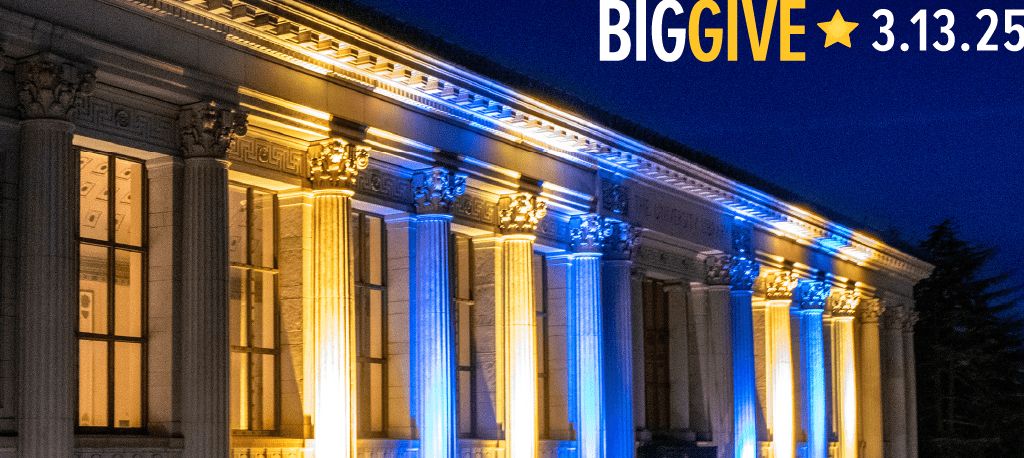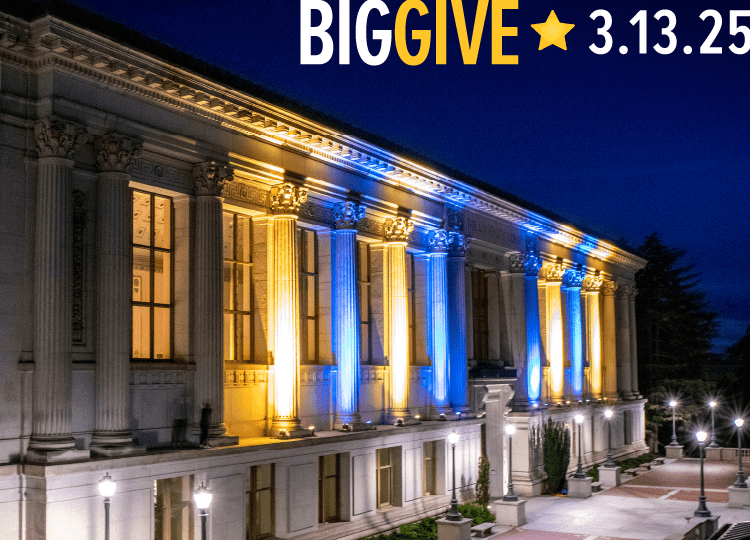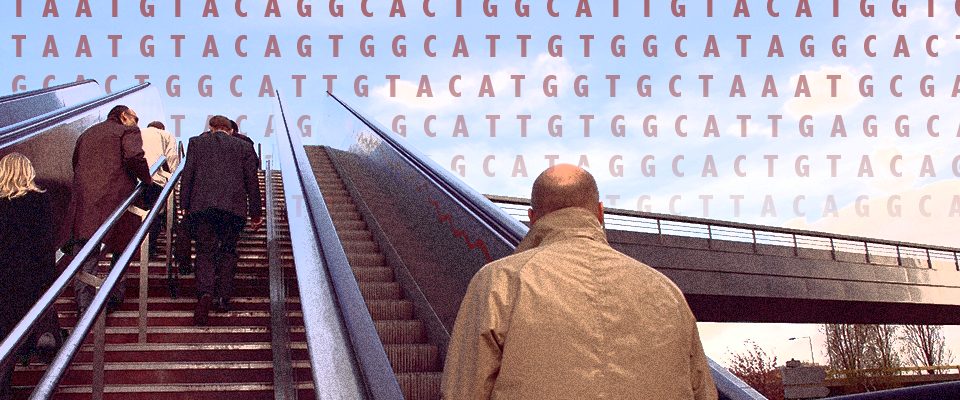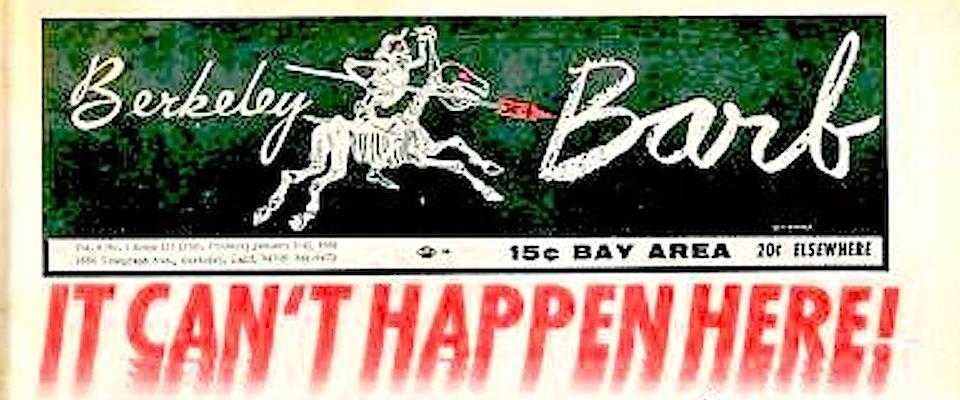Welcome to our brave new world.
Brave New World author Aldous Huxley came to Berkeley (his son’s alma mater) in 1962 and delivered a speech on campus entitled “The Ultimate Revolution.” It ended as follows: “Our business is to be aware of what is happening, and then to use our imagination to see what might happen, how this might be abused, and then, if possible, to see that the enormous powers which we now possess thanks to these scientific and technological advances be used for the benefit of human beings and not for their degradation.”
That pretty well captures the spirit of this issue, which is all about the genomic age and the genetic revolution that is rapidly unfolding before us.
Berkeley is at the very center of that revolution, thanks to Jennifer Doudna’s 2012 co-discovery of CRISPR-Cas9. Her programmable “molecular scissors” are poised to transform our world, as Cas proteins give us the power to revise genetic code by making precise cuts in DNA and inserting new material in the breach. Science writer Taylor Beck gives a fuller explanation of how it works in his piece, “Humanity’s Shiny New Tool.”
Like every tool since the ax, this new technology is double-edged. It promises to deliver wonders like personalized medicine, precision gene therapies, and quite possibly the long-sought cure for cancer. Gene editing will also deliver better crops and biofuels when we desperately need them, and maybe even malaria-free mosquitoes. In the coming years, everything from autism to Zika could be vanquished using CRISPR technology. At the same time, it raises the specter of a society like the one described in Huxley’s dystopian novel, where babies are cloned in labs, not formed in their mothers’ wombs. And, in the wrong hands, CRISPR could lead to new forms of bioterror and botched experiments loosed on the world like Frankenstein’s monster or the Island of Doctor Moreau.
One of the more unsettling things about the technology is how accessible it is. As one Berkeley researcher told me recently, if you can’t teach an undergrad to use CRISPR in two weeks, you’re doing something wrong. California’s Leah Worthington put that notion to the test for this issue, enrolling in a Berkeley Extension course on the technique. Read her journal of the experience here.
For the last in a trio of meditations on CRISPR, we asked novelist and Berkeley English professor Namwali Serpell to speculate on our genetically edited future. What came back is a piece of flash fiction that plays with the idea of palindromic repeats, after the final letters in the CRISPR acronym. Serpell wrote the piece, “A Mercy, A Sport,” in collaboration with her student Tyler King.
Rest assured, there’s more to the issue than just CRISPR. To round out the features, we have a story about home DNA tests and ancestry (by Yours Truly) and another on the controversial Nobel laureate Kary Mullis, Ph.D. ’73, who died in August. Mullis was instrumental in an earlier revolution in molecular biology; namely, PCR, or polymerase chain reaction, which allows scientists to make millions of copies of specific DNA segments. He was an oddity among researchers—a surfing, acid-dropping philanderer who denied the reality of both climate change and HIV/AIDS. Frequent contributor Coby McDonald wonders how Mullis should be remembered.
Our business is to be aware of what is happening, Huxley told his long-ago audience in Berkeley, but it’s not easy to keep up. Biotechnology is developing at such breakneck speed that every week brings news of further developments, many of which are disturbing. In China, babies have already been modified using CRISPR. And, also in China, Spanish scientists have created monkey-human embryos in the hopes of growing human organs and making better models for experimentation. This is not exactly the brave new world Huxley envisioned in 1932, but it sure carries echoes of it—and of Planet of the Apes to boot.
All of which is to say: CRISPR, this world-changing new tool, is here, ready or not. The genie is out of the bottle and there’s no putting it back. Our challenge now is to pay attention, and to do everything we can to harness its enormous powers for good.
As usual, we want to hear from you. Send us an email. Or mail letters to: California Magazine, 1 Alumni House, Berkeley, CA 94720.
From the Winter 2019 issue of California.





















